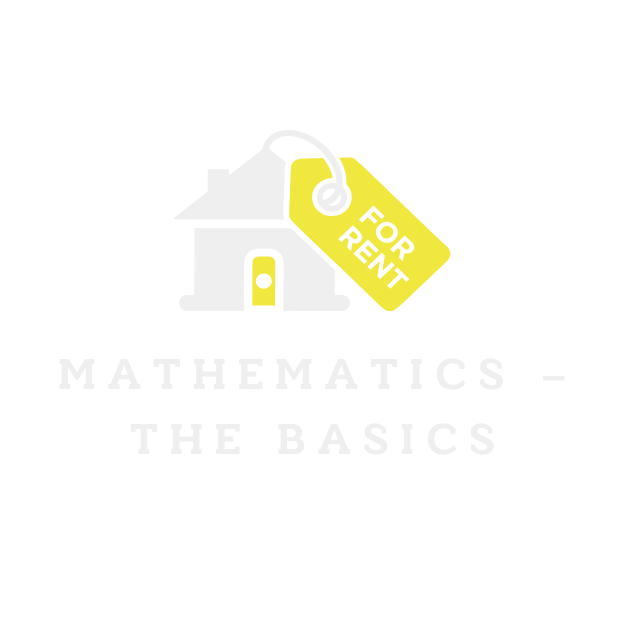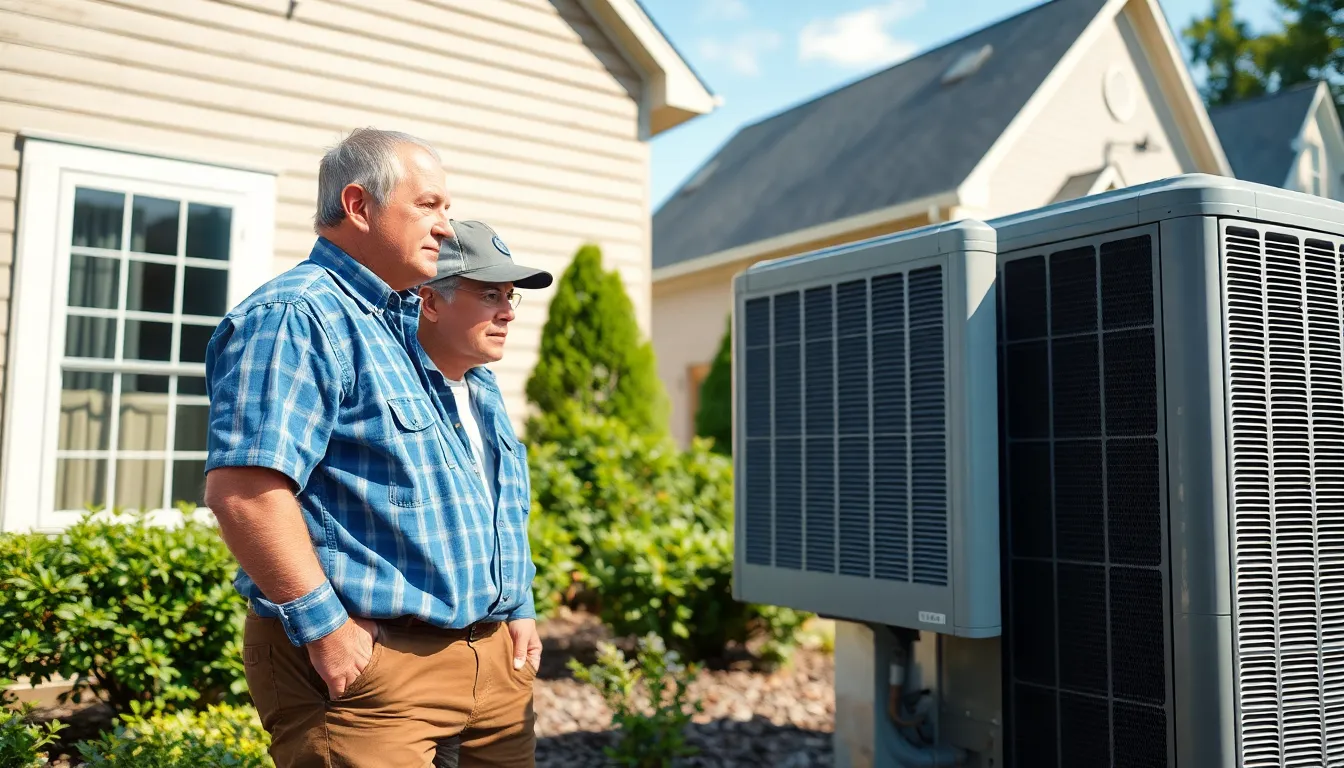Property maintenance responsibility might not sound like the most thrilling topic, but it’s the unsung hero of every home and rental. Imagine a world where leaky faucets and overgrown lawns don’t exist. Sounds dreamy, right? Well, someone’s got to roll up their sleeves and tackle those pesky chores. Whether you’re a homeowner or a tenant, understanding who’s responsible for what can save you from unexpected surprises and awkward conversations with your landlord.
In the chaotic realm of property management, clarity is key. Knowing the ins and outs of maintenance responsibilities can help avoid disputes and keep your living space in tip-top shape. So grab your toolbelt—or at least your smartphone—and let’s dive into the nitty-gritty of property maintenance. It’s time to take the mystery out of who fixes what and turn those maintenance woes into a well-oiled machine.
Table of Contents
ToggleUnderstanding Property Maintenance Responsibility
Property maintenance responsibility defines the duties related to upkeep and repair of properties. This responsibility typically divides between property owners and tenants, ensuring a well-functioning living environment.
Definition of Property Maintenance Responsibility
Property maintenance responsibility refers to the obligations assigned to either landlords or tenants for managing repairs and upkeep. Landlords commonly handle major repairs, such as plumbing or electrical issues. Tenants often oversee minor tasks, like replacing light bulbs or keeping spaces clean. Knowing these responsibilities aids both parties in understanding their roles.
Importance of Property Maintenance Responsibility
Understanding property maintenance responsibility prevents conflicts between landlords and tenants. Clear delineation of duties leads to timely repairs and enhances overall satisfaction. Property upkeep directly influences the living condition and value of the property. Staying informed on these responsibilities contributes to a harmonious rental experience and a well-maintained environment.
Responsibilities of Property Owners
Property owners hold significant responsibilities in maintaining their properties. Understanding these obligations helps ensure a well-functioning living environment.
Regular Maintenance Tasks
Property owners must regularly inspect properties for wear and tear. Scheduled checks on heating, ventilation, and air conditioning systems help maintain comfort and efficiency. Landscaping needs attention to prevent overgrowth and ensure safety. Routine pest control keeps infestations at bay, promoting healthy living spaces. Cleaning gutters and downspouts prevents water damage and safeguards structural integrity. Addressing these tasks consistently minimizes costly repairs.
Handling Repairs and Emergencies
Property owners are responsible for timely repairs of major issues that arise. They must address plumbing leaks, electrical malfunctions, and HVAC failures promptly. Emergencies like fire damage or flooding demand immediate action, whether through in-house teams or external contractors. Providing tenants with a clear communication channel for reporting issues reduces response time. Establishing relationships with reliable service providers streamlines repair processes, ensuring swift resolutions. Understanding these responsibilities enhances tenant satisfaction and fosters a positive property management reputation.
Responsibilities of Tenants
Tenants play a crucial role in maintaining their living spaces. Awareness of specific responsibilities can foster a positive rental experience.
Reporting Issues Promptly
Timely reporting of maintenance issues is essential for preventing further damage. When a tenant notices a malfunctioning appliance or a leak, immediate communication with the landlord can facilitate faster repairs. Delaying reports can lead to more significant problems and costly repairs. Documentation, such as photographs or written descriptions, aids landlords in assessing the issues. Utilizing preferred communication channels helps ensure nothing falls through the cracks.
Maintaining Cleanliness and Care
Cleanliness directly affects the living environment’s overall condition. Tenants should regularly clean common areas and personal spaces. A commitment to routine cleaning minimizes the buildup of dirt and allergens. Careful handling of fixtures and appliances prevents unnecessary damage. It’s also important to follow any specific guidelines set forth in the lease agreement regarding maintenance. This responsible behavior keeps the property in good condition and maintains a positive relationship with landlords.
Legal Aspects of Property Maintenance Responsibility
Legal aspects play a key role in property maintenance responsibility. Understanding these obligations clarifies the roles of both landlords and tenants.
Lease Agreements and Maintenance Duties
Lease agreements detail maintenance duties, specifying who is responsible for what. Tenants and landlords must review these documents carefully. Typically, landlords manage significant repairs, while tenants handle minor tasks. Clear definitions in the lease prevent misunderstandings and disputes. For instance, responsibilities may include routine cleaning and lawn care for tenants. Regularly reviewing the lease ensures everyone is aware of their duties.
State and Local Regulations
State and local regulations also influence property maintenance responsibility. Laws vary, affecting landlord and tenant obligations depending on the jurisdiction. Local health and safety codes outline specific requirements that landlords must meet. Often these codes require timely repairs and maintaining livable conditions. Tenants should familiarize themselves with relevant laws, as they may have additional rights and responsibilities. Knowledge of these regulations can support effective communication and conflict resolution when issues arise.
Best Practices for Effective Property Maintenance
Effective property maintenance hinges on clear communication and regular inspections. Prioritizing these areas promotes timely responses and improves tenant satisfaction.
Communication between Owners and Tenants
Open channels strengthen relationships between property owners and tenants. Regularly discussing maintenance issues prevents misunderstandings and fosters trust. Tenants should feel comfortable reporting problems, ensuring that they document issues accurately. Property owners benefit from establishing preferred communication methods, such as email or tenant portals, to streamline the reporting process. Quick responses to tenant inquiries demonstrate a commitment to property upkeep and enhance long-term satisfaction.
Scheduling Routine Inspections
Routine inspections are essential for identifying potential issues before they escalate. Property owners should create a maintenance schedule that includes seasonal checks for HVAC systems, plumbing, and structural integrity. Tenants should be informed about scheduled inspections in advance to facilitate cooperation. Both parties gain from ensuring that inspections happen consistently, as this proactive approach minimizes costly repairs later on. Maintaining a detailed log of inspections and follow-ups serves as a valuable reference for both owners and tenants.
Conclusion
Understanding property maintenance responsibilities is vital for both landlords and tenants. By clearly defining who handles specific tasks, they can avoid conflicts and ensure a well-maintained living environment. Timely communication about maintenance issues and regular inspections play a crucial role in preserving property condition and enhancing tenant satisfaction.
Familiarity with lease agreements and local regulations empowers both parties to navigate their responsibilities effectively. By fostering open communication and adhering to maintenance guidelines, landlords and tenants can create a positive relationship that benefits everyone involved. Ultimately, a proactive approach to property maintenance not only preserves the property’s value but also contributes to a harmonious living experience.



